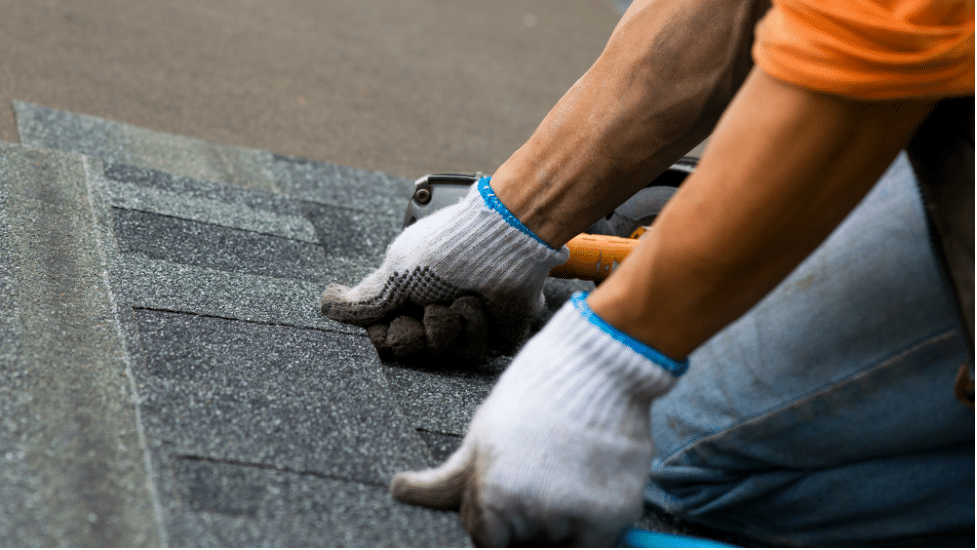The short answer is yes. However, there are exceptions to the rule. Before we outline the exceptions, let’s take a look at a couple of scenarios that could result in a contractor filing a lien against your house.
Say you hired a contractor to do work on your house, and you paid him the total amount once the work was completed. However, he neglected to pay one of his subcontractors out of that amount, and he has disappeared. Now, the subcontractor has placed a lien on your house since the contractor failed to pay him.
Here’s another scenario – the contractor’s work on your house is faulty or of poor quality, so you withhold the remaining payment until it’s fixed. Rather than correct the work, the contractor files a mechanic’s lien against your house to force the remaining installment amount.
Exceptions to the rules.
Unfortunately, construction laws, especially in Texas, are not black and white. So, before starting a construction project, it’s a good idea to understand the gray areas.
First, let’s revisit the original question, i.e., can a contractor put a lien on my house? As we mentioned, the short answer is yes. For the most part, all contractors, subcontractors, laborers, materials suppliers, and equipment suppliers who provide labor or materials to a property in Texas are not required to have a written contract (a verbal agreement is sufficient) to qualify for the right to file a lien. So, it’s their word against yours if there isn’t a formal document outlining the terms of the project
Homestead exemptions.
A homestead is an individual’s primary residence, and it includes the structure and the property. Under Texas construction law, if the property in question is a homestead, the contractor, subcontractor, or material supplier must have a written contract with the property owner to qualify for a mechanic’s lien. This contract must be filed with the county records office.
However, suppose the residential construction project is a non-homestead property. In that case, a verbal contract is usually sufficient, and a written agreement is not required to file a mechanic’s lien against the property.
Service exemptions.
Licensed design professionals including architects, engineers, or surveyors, are eligible to file a lien on your house. If they are not licensed, they may not be able to file.
However, landscapers, landscape materials suppliers – including installers of retaining walls, berms, irrigation, fountains, or similar installation – must also have a written contract. However, it can be with the project owner or a subcontractor, trustee, or receiver. The same holds for demolition services.
Consult the professionals.
Texas Construction Law is notoriously complicated. It’s best to consult a legal professional with questions or trust the process to lien service professionals like www.texaseasylien.com.


